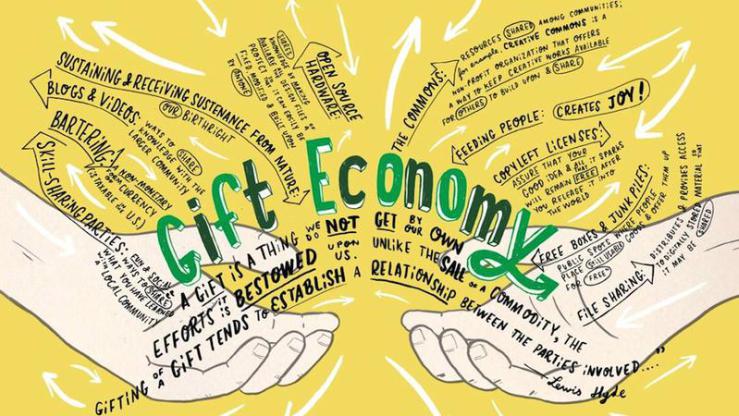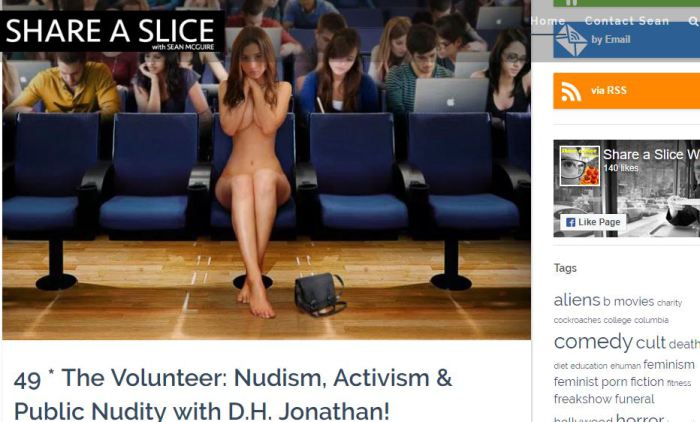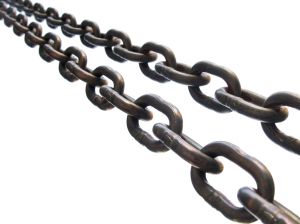In chapter 6 of “The Nature of Economics” by Jane Jacobs, a dialogue explains the linear and holistic views of evolution. The character Kate mentions Charles Darwin’s Survival of the Fittest theory. In which Hiram shares his skepticisms of the theory, stating that the theory neglects evolutionary success of habitat maintenance. I agree with character Hortense’s observation that theories can be affected by social context; implying that perhaps ‘survival of the fittest’ was influenced by culture who valued conquest, valor, and hierarchy. The discussion in this chapter begins to focus on human traits that may prevent behaviors that lead to habitat destruction. The chapter reveals that consciousness, fear of vengeance, language, and the ability to tinker all contribute to the restraint of destructive behaviors.
In class we have discussed how solutions emerge through creativity and this chapter reveals many examples. The first example was the development and use of woven clothes instead of relying on animal skins. The new technology deflects the use of same natural resources to the point of depletion.
I also realized that they mentioned language which ties into social context and the colonization or decolonization of words. The words we decide to use have a large impact on thoughts and actions. Economies can very well be sustainable. If you think about it, habitat preservation requires innovation which then results in flourishing economies, those economies then sustain further creativity and tinkering.
In the video, “The Gift Economy and the Commons,” featuring Charles Eisenstein and James Quilligan, they discuss gift economies. Charles Eisenstein explains that gift economy can’t really be scaled up larger than 500 people. In gift economy, money and hoarding is nonexistent. It’s about sharing and taking only what is needed. He continues stating that the role of money is too big. Government promotes the interest of private property instead of the commons. They then discuss RIO + 20, and how people are helpless to do anything regardless of values. Eisenstein points out that institutions cause certain behaviors, such as banks with debts, payments, and interest. He then declares that any system of measure or any monetization is leaving out a significant thing. The ecology of money is currently based on a debt system and is extremely biased. He explains that its unnatural, nothing sits and grows without maintenance. We have made ourselves and money an exception of the rules of ecology. Quilligan shares that there’s anticipation for a new renaissance in which we begin co-create a world in where gift economy is utilized. I feel many of us are eager for the day we begin to follow the rules of ecology and give back to the world because after all, we are a part of it. Clearly the linear views are not working and there’s a need for a shift in paradigms.





